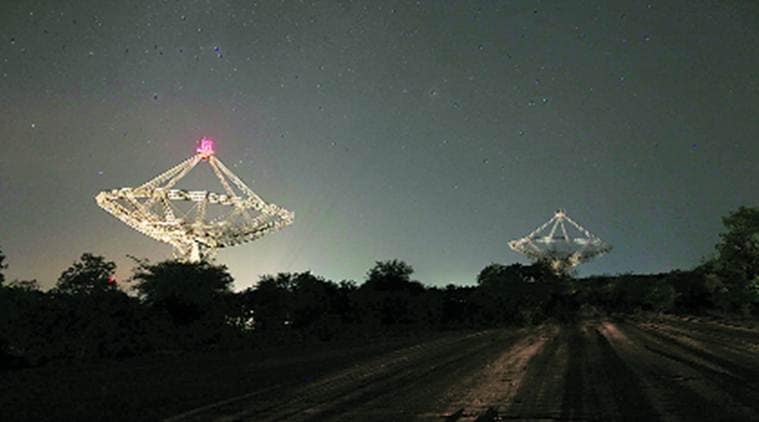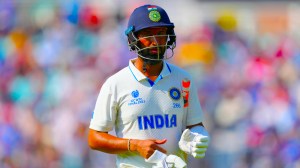Upgraded GMRT to be operational in April, says NCRA’s new director
Centre to strengthen manpower, hire more students
 NCRA was conceived and designed in the late 1980s. It was subsequently built in 1990s and has been operational since.
NCRA was conceived and designed in the late 1980s. It was subsequently built in 1990s and has been operational since.
Professor Yashwant Gupta took charge as the director of city-based TIFR-National Centre for Radio Astronomy (NCRA) on February 28. The senior scientist was earlier the dean of the Giant Metrewave Radio Telescope (GMRT), located in Khodad near Junnar, about 80 kms from Pune. Gupta will continue to hold the additional charge as GMRT dean. “It is a great responsibility. Plenty of great opportunities are waiting to be explored in the field of radio astronomy. The centre will soon begin planning its future projects.” GMRT, until recently, was undergoing an upgrade. The existing facility was conceived and designed in the late 1980s. It was subsequently built in 1990s and has been operational since.
Gupta, updating the status of the facility, said, “The upgradation of GMRT or uGMRT is nearly complete. The improved facility will commence operations next month. We have received more research proposals for using the facility than the actual time available for observations.” Scientists at the centre have also held discussions regarding expanding the use of uGMRT to newer areas of study. “An active discussion is on among the researchers and, in the next year or two, we hope to enter the next phase of using GMRT,” he added.
Along with a technological update, the centre is also planning to strengthen the manpower by recruiting more students, said Gupta. “Though NCRA has hosted many students, we will need more. Students with good knowledge in both experimental and instrumental backgrounds in radio astronomy have better chances. Also, we will require students who can devise better theoretical and support in modeling,” he added.
Square Kilometre Array (SKA) is one of the key project that the centre has international collaborations with and many research institutions are now keen on tying-up with NCRA. “Numerous national and international institutes have expressed desire to work with our centre. We will consider them,” he said.







